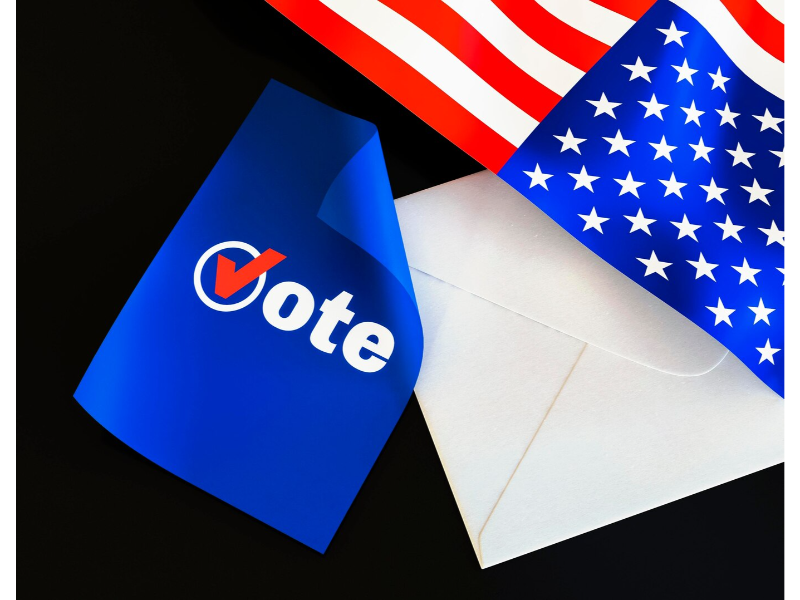- Google CEO Sundar Pichai, in an internal memo, stressed that Google must be a trusted source of election information for all users, regardless of background or beliefs.
- This comes as the company faces bias accusations, including a recent claim that Google manipulated polling maps. Google denied this, explaining it was due to a bug.
————————————
What happened
In early November, Google CEO Sundar Pichai urged employees to ensure that Google products deliver reliable, neutral election information. He said maintaining trust is essential, especially during elections. The memo, reported by The Verge and The Washington Post, responded to bias claims, including a controversy over voting maps.
Elon Musk recently amplified a claim that Google suppressed a polling map for Trump voters while displaying it for those searching “where can I vote for Harris.” Google explained that a bug caused the issue, linking the term “Harris” to a county in Texas. The glitch was quickly fixed, but Pichai’s memo underscores Google’s commitment to unbiased information during the election.
Also read: Google’s antitrust violation confirmed by US judge
Also read: U.S. accuses Iran of cyberattacks targeting Trump and Harris campaigns
Why it is important
Concerns about bias and misinformation in the tech industry are growing, especially around high-stakes events like elections. Google, one of the world’s largest tech companies, faces ongoing scrutiny for its role in shaping public opinion. With the 2024 U.S. presidential election approaching, Google’s neutrality is under the spotlight as accusations of bias continue to affect not only Google but also platforms like Facebook and Twitter (now X).
As millions turn to tech platforms for election information, providing unbiased content is critical. This issue gained attention when Elon Musk raised a supposed error with Google’s polling map, suggesting it was politically motivated. Although Google explained it as a glitch, the incident highlights the ongoing tension between tech companies and public trust in their content.
For readers, the integrity of election-related information directly impacts informed voting and democratic participation. Tech companies, now seen as information gatekeepers, influence public perception, and any perceived bias could have real-world effects.

